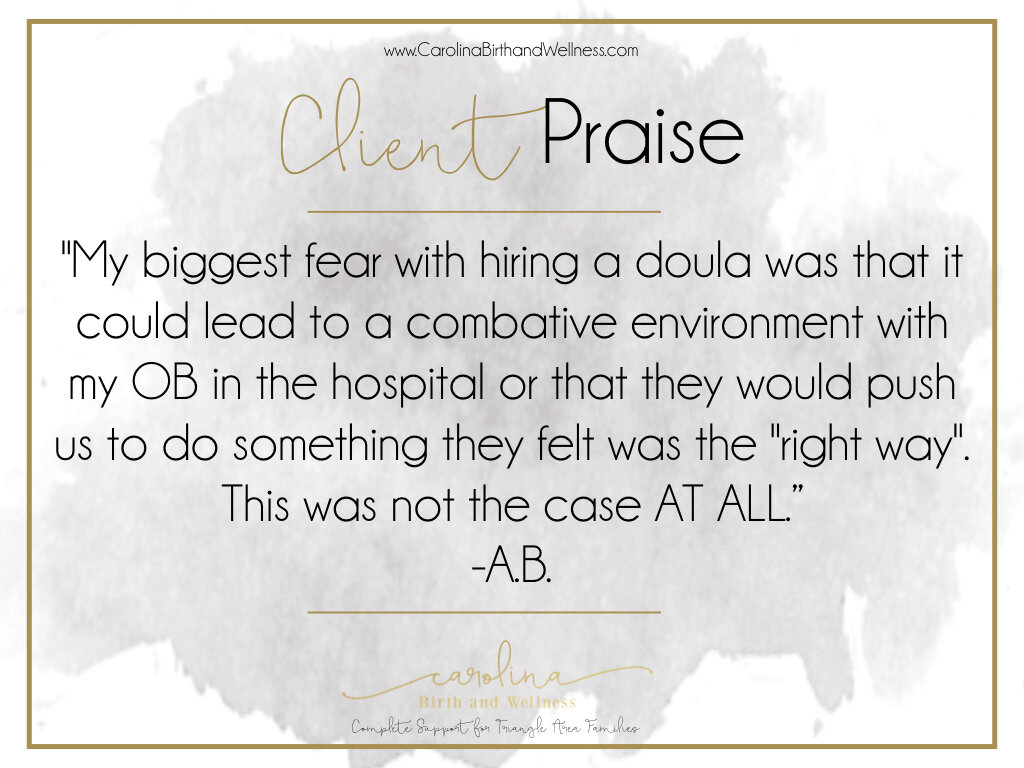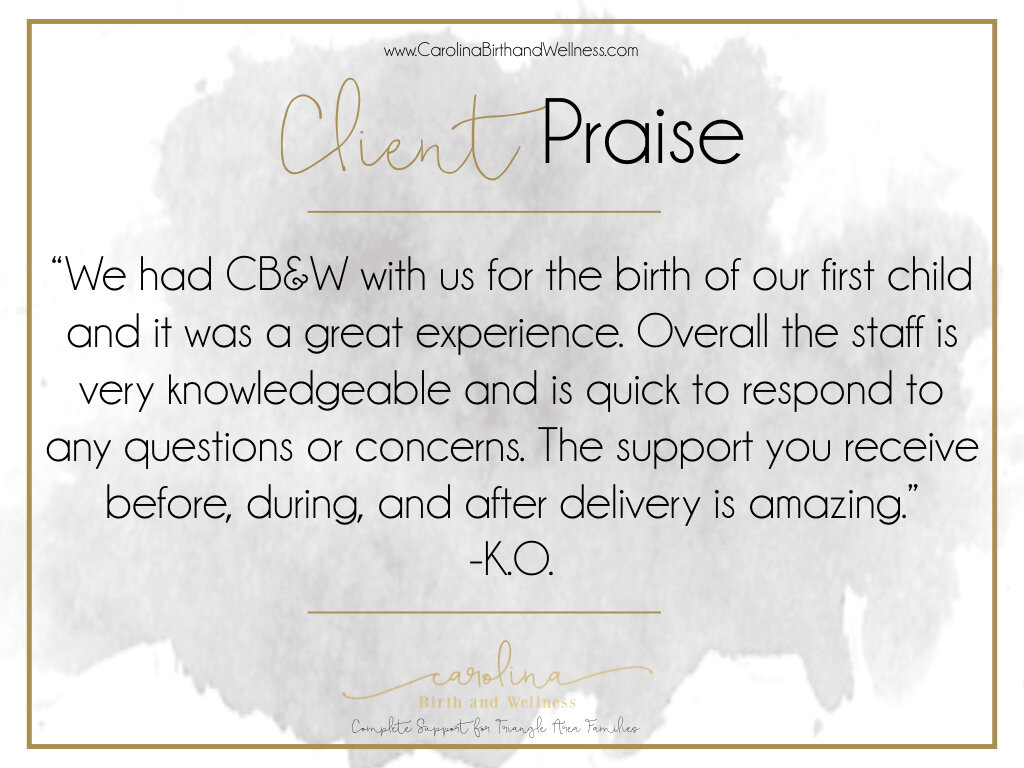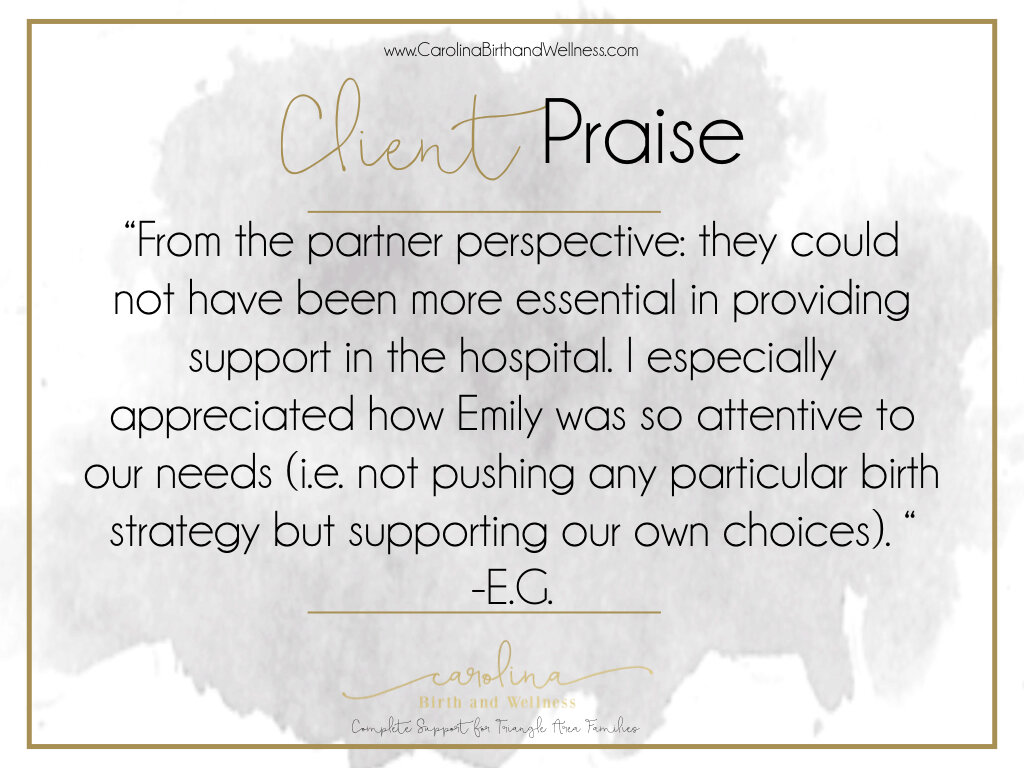Stress, either good or bad, has a huge impact on our bodies. Having the ability to have the appropriate hormonal responses to moments of stress is a protective measure, but then also being able to rid our bodies of that stress and the impact it had, has a restorative impact. The balance of these two is what keeps us in harmony. Yet, that harmony is not always intact when life happens.
At any given time, we have different aspects of our lives impact our stress level, often like a stress web. These include:
Social stress: This includes negative interactions with coworkers, friends, family members, spouses, etc.
Physical stress: These are all the physical impactions we face in our body including fertility struggles, nutrient deficiencies, food allergies, dehydration, poor sleep, and so much more.
Financial stress: Inability to pay bills, uncertain work schedules, and financial insecurities can be a huge aspect of stress for many, especially in our current times.
Psyco-spirtual: This stressor is much more internal and is felt when you don’t feel like you belong, don’t have a sense of purpose, etc.
Mental stress: This isn’t just what your mind perceives as stressful, but more so how your mind responds to stress. Mental fog, lack of focus, and indecisiveness are all signs of mental stress that may be weighing you down.
Emotional stress: Similar to mental stress, but emotional stress is going to be felt more as feelings rather than states of mind. So feeling resentful, angry, depressed, etc are signs of emotional stress.
Cultural stress: This could be mean that you feel like your cultural is not being honored, or that you are not in a place that shares an understanding for your culture.
Environmental stress: This stressor is something you notice in your outside world, and can have direct impacts on your life, but is also very much out of your control. Noise, crowding, pollution and crime are all examples of environment stressors.
Keeping your web balanced is key to maintaining balance. Remember, some stress actually okay for you!
Not All Stress is Bad
Our main stress hormone, cortisol, is actually extremely important to our body and keeping our day to day function in an optimal range.
Produced by our adrenal glands, cortisol is responsible not only our fight or flight response, but also impacts our:
Blood pressure
Inflammation response
Metabolism of glucose
Response to stress or danger
Our get up and go
First thing in the morning, our cortisol levels are the highest and decrease throughout the day. This change is called the diurnal rhythm and is completely normal, and often referred to as the “sleep-wakefulness” cycle.
Yet, our cortisol levels can be effected by physical or emotional stress, and can have impacts on our overall health, and specifically our menstrual cycles, thus our fertility. So truly understanding how your body is processing cortisol is a key component in understanding your health.
Acute vs Chronic Stress
In addition to the good stress that our body experiences on a daily basis, we do definitely have some less than good stressors that are impacting us. However, it is important to note that there is a difference in these stressors, and understanding the difference is key to managing all types of stress in your life.
Acute Stress: This is the stress you feel day to day and hour to hour, and often times what flares up our fight or flight response. These stressors include an upsetting email, a challenging zoom call, or a child that does not want to attend virtual schooling. The important aspect of acute stress is that it is temporary and often something that you can change more easily.
Sometimes this stress can actually be beneficial, and it can kick start your stress hormones and help your mind deal with it in the moment because you are often in that flight or fight response. It can also be hard though as it feels like it is all that matters right now. Taking a step back from these acutely stressful situations can be beneficial so you can get clarity how to manage them.
Chronic Stress: This is often the stress that has impacts on our health as it repeated exposure to the same stressful experience day to day, year to year. Unfortunately, long-term fertility often falls in this stress category because of the duration that so many individuals and couples face fertility struggles.
This is what impacts our body and mind, as our bodies are living in the stressful state with elevated stress hormones, and trying to keep them balanced while our mind is yelling FIGHT! FLIGHT!
While we cannot change all aspects of the chronic stress in our lives (chronic infertility), we can notice that there are aspects we can control.
Continuing to miss meals is a longterm stress on our bodies, even if we feel like this helping us achieve our weight loss goals related to hopefully improving our fertility. Yet, the opposite is occurring.
If you aren’t sleeping well, dealing with that is key! Your body needs good quality sleep. And yes, lack of sleep does not cause infertility, it can help your fertility if you manage your sleep.
Eating food that doesn’t agree with your body is also a chronic stressor! Maybe you notice that you feel off after some meals, but not all. Taking a moment to figure out what it is about that meal is key as it can help you hear what your body is saying and reduce those chronic food stressors that your body is dealign with, on top of dealing with infertility.
Impacts of Stress on Your Menstrual Cycle
As women, we are lucky in the sense we have a monthly report card in our menstrual cycles. When something if off and impacts our stress, we see in our menstrual cycles. When something is going well, we feel great and see how our menstrual cycles should be.
I know often times those struggling with fertility hate seeing their period as it means another missed chance of a pregnancy, and another month without the baby we want so badly in our arms. So I do not want to negate those feelings, instead I want to encourage you to hear your body and understand the signs it is sending you.
Late or No Ovulation: If you are noticing that you are not ovulating or ovulating much later than normal, this could be your body telling you that some stressor occurred in the follicular stage of your cycle (cycle day to ovulation).
Short Luteal Phase: If you are noticing that your luteal phase was shorter than normally (typically less the 12/13 days), this could be a sign that you had a stressful event occur post ovulation that caused your period to start sooner than normal.
These impacts on your menstrual cycle could be an acute stressors that you can directly point to, or maybe it is a chronic stressor the is taking its toll on your body and fertility. Either way, acknowledging that stress and the impact it had on your ovulation can be a great way to reduce its impact.
Actionable Steps to Reduce Stress
I am not going to say just relax, because that literally is the opposite of how to reduce stress. But instead of some arbitrary comment about de-stressing, finding actionable steps that work for *you* are key! One of my favorite ways to destress is simply to acknowledge that stress is impacting your life.
Once you see the results of that, be that because you are not noticing cervical mucus around ovulation, your sleep pattern is off, your basal body temperatures jump around a lot, or you just don’t feel right, you can begin to make smaller steps to reduce your stress load. And that feels like it is more controllable! You are not going to change the fact that we are living in a pandemic, but you can change how you respond to that stress.
Other great ways to reduce your stress load, and naturally balance your cortisol levels include:
Making good sleep a priority: This means going to bed at the same, reasonable time each night, sleeping in complete darkness and waking up at the same time.
Seeing sunlight each morning: Exposing your eyes to morning sun will kick start your cortisol. Like a little extra espresso in your coffee each morning, it gives your body more energy to get your day going.
Practicing Mindfulness: However you practice mindfulness is up to you, but daily mediations, slow flow yoga, fully chewing your food, or just being present in most of the activities you are doing rather than thinking about all the other items on your to do list are great ways to be mindful and not amp your stress levels.











